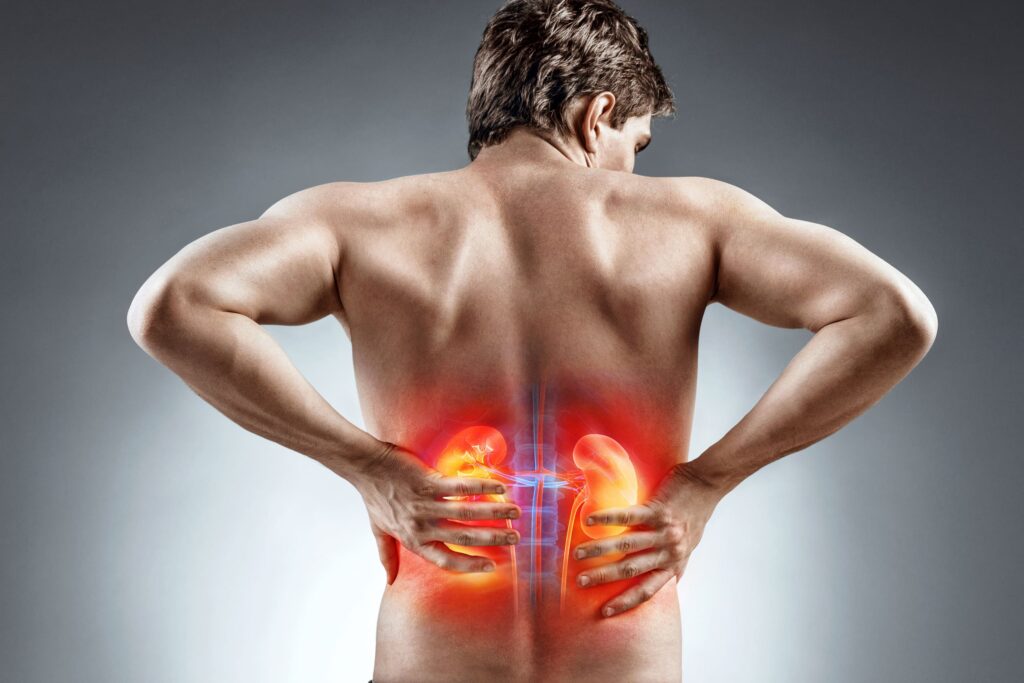5 Things You Can Do to Help Prevent Kidney Stones

Kidney stones can cause excruciating pain in the lower back, abdomen, or side. At Texas Advanced Renal Health, we are dedicated to relieving your discomfort and preventing future occurrences. We’ve created a guide outlining ways to lower your risk of developing kidney stones. We are always available to answer your questions and offer personalized tips tailored to your needs. We are here to support you every step of the way.
What Are Kidney Stones?
Kidney stones are hard, crystalline deposits that form in the kidneys or urinary tract. They are typically composed of salts and minerals such as oxalate, calcium, and uric acid. Kidney stones can vary from tiny specks to larger ones as big as golf balls. Smaller stones often pass through the urinary tract unnoticed, while larger ones can lead to severe pain. They can sometimes become lodged, obstructing urine flow, which can lead to complications.
Risk factors for kidney stones include diet, medical conditions, medications, and family history. Symptoms include intense pain in the side, lower back, or abdomen, blood in the urine, nausea, vomiting, and sometimes fever and chills. If you suspect you have a kidney stone, it’s important to seek immediate care. Left untreated, kidney stones can cause serious complications, including chronic kidney disease (CKD).
Things You Can Do to Prevent Kidney Stones
The following are ways to lower your risk of developing kidney stones:
#1 Hydrate, Hydrate, Hydrate
Increasing your water intake is one of the best ways to prevent kidney stones. It does so by diluting your urine, reducing the concentration of minerals that can form kidney stones. Aim to drink at least eight glasses of water a day. Orange juice and lemonade are also great options. They contain citrate, which helps prevent kidney stones from forming.
#2 Increase Your Calcium Intake
Even though calcium oxalate stones are the most common type of kidney stones, low calcium diets can actually increase the risk of stones. Calcium from your food combines with oxalates in the intestines, forcing them into the feces instead of your urine, which helps reduce the risk of calcium oxalate stones. That’s not the case with calcium supplements, which can raise the risk of kidney stones. Instead, make sure your diet contains calcium from dairy products, soy products, beans, and even some green vegetables, such as broccoli or kale.
#3 Limit Your Sodium Intake
A diet high in sodium can increase the amount of calcium in the urine, which can lead to the formation of kidney stones in individuals prone to developing them. Reducing your sodium intake can also help control your blood pressure and boost your heart and kidney health.
#4 Limit Foods Rich in Oxalates
If you have a history of calcium oxalate stones, we recommend a diet lower in oxalate-rich foods like spinach, rhubarb, tea, nuts, and chocolate. The excess oxalate is excreted in your urine, where it can combine with calcium, leading to kidney stones.
#5 Lower Your Consumption of Animal Protein
Consuming excessive amounts of animal-sourced protein, such as red meat, chicken, pork, fish, or eggs, increases the risk of developing kidney stones. If you’re prone to kidney stones, keep your animal protein intake under eight ounces a day, about the size of a pack of playing cards. Not only will you be supporting your kidneys, but you’ll also be boosting your heart health.
Personalized Kidney Care in McKinney, TX
If you have signs of a kidney stone or would like to learn about preventing future ones, contact Texas Advanced Renal Health to schedule a consultation. Dr. Sadeddin will recommend the least invasive treatment to help you pass your kidney stone and offer personalized guidance to prevent future stones from forming. We invite you to call 972-548-4833 or visit us online to schedule your appointment today!
